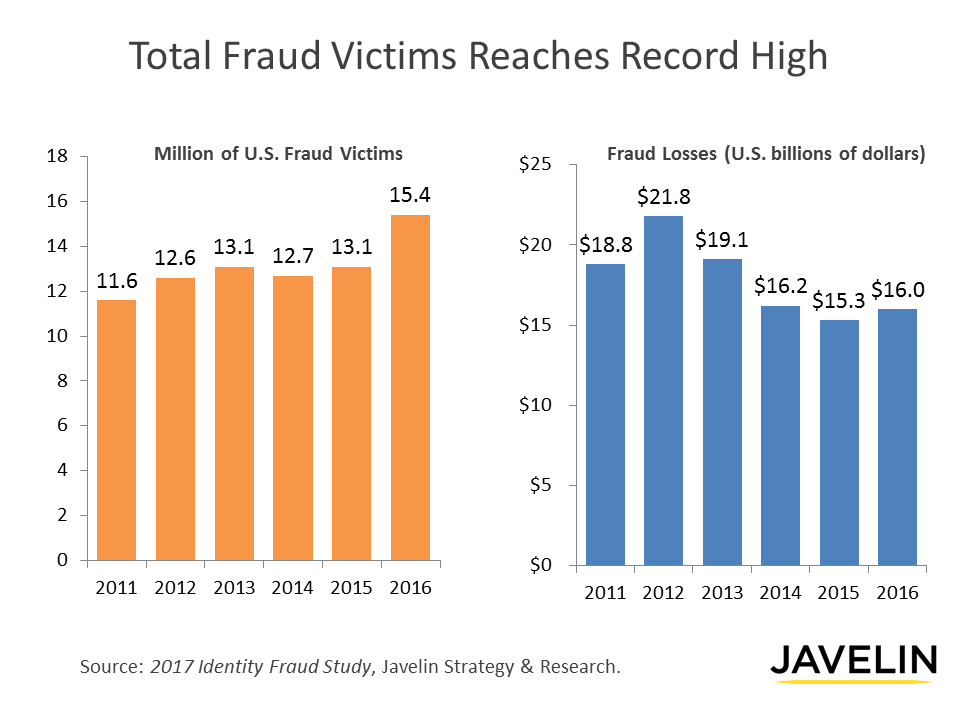Identity theft is a serious crime that can have a devastating impact on your finances and your life. When someone steals your personal information, they can use it to open new accounts in your name, run up debts, and damage your credit score.
A low credit score makes it difficult to get approved for loans, credit cards, and other forms of credit. It can also make it more expensive to borrow money, as you will likely have to pay higher interest rates. A low credit score also makes it difficult to rent an apartment, get a job, or even get insurance.
How Identity Theft Can Ruin Your Credit
There are many ways that identity thieves can ruin your credit. Here are a few examples:
-
- They can open new accounts in your name and not make payments. When payments are not made it leads to collections, and even bankruptcy.
- They can max out your existing credit cards. Maxed out credit cards will damage your credit score.
- They can change the address on your accounts so that you don’t receive important billing information. This can lead to missed payments and further damage to your credit score.
- They can file for bankruptcy in your name. Bankruptcy will stay on your credit report for up to 10 years, making it very difficult to get approved for credit.
The Impact of a Low Credit Score
A low credit score can have a major impact on your life. Here are a few examples:
-
- You may not be able to get approved for a loan to buy a car or a home.
- You may have to pay higher interest rates on credit cards and loans.
- You may have difficulty renting an apartment or getting a job.
- You may have difficulty getting insurance.
- You may be denied a job promotion or a scholarship.
The Emotional Impact of Identity Theft
Yes identity Theft Can Ruin Your Credit and Your Life, having a significant emotional impact on victims as well. Victims may experience feelings of anger, anxiety, stress, and depression. They may also feel violated, betrayed, and helpless.
According to a study by the Identity Theft Resource Center, 70% of identity theft victims experience emotional distress. The study also found that victims are more likely to experience anxiety, depression, and post-traumatic stress disorder (PTSD) than people who have not been victims of identity theft.
If you are a victim of identity theft, it is important to seek help from a mental health professional. Talking to someone about what you are going through can help you to cope with the emotional impact of the crime.
Statistics:
-
- 70% of identity theft victims experience emotional distress.
- Victims are more likely to experience anxiety, depression, and PTSD than people who have not been victims of identity theft.
- The average victim of identity theft spends 200 hours and $1,700 to recover from the crime.
- It can take up to 7 years to fully recover from identity theft.
Take Action Today
Identity theft is a serious crime, but it is one that you can protect yourself from. By taking the necessary steps to protect your personal information and monitoring your credit reports regularly, you can help keep your credit score safe and your finances secure.
Graph:
Don’t let identity theft ruin your credit and your life. Take action today to protect yourself!
If you are a victim of identity theft, here are a few places to start:
- The Federal Trade Commission (FTC): 1-877-438-4338
- The Identity Theft Resource Center: 1-888-400-5530
- The National Association of Consumer Advocates: 1-800-644-7222
Related articles:
- The Emotional Toll of Identity Theft
- What is a Credit Score?
- What You Need to Know About Errors on Credit Report
- CREDIT FREEZES vs LOCKS; WHAT YOU SHOULD KNOW

